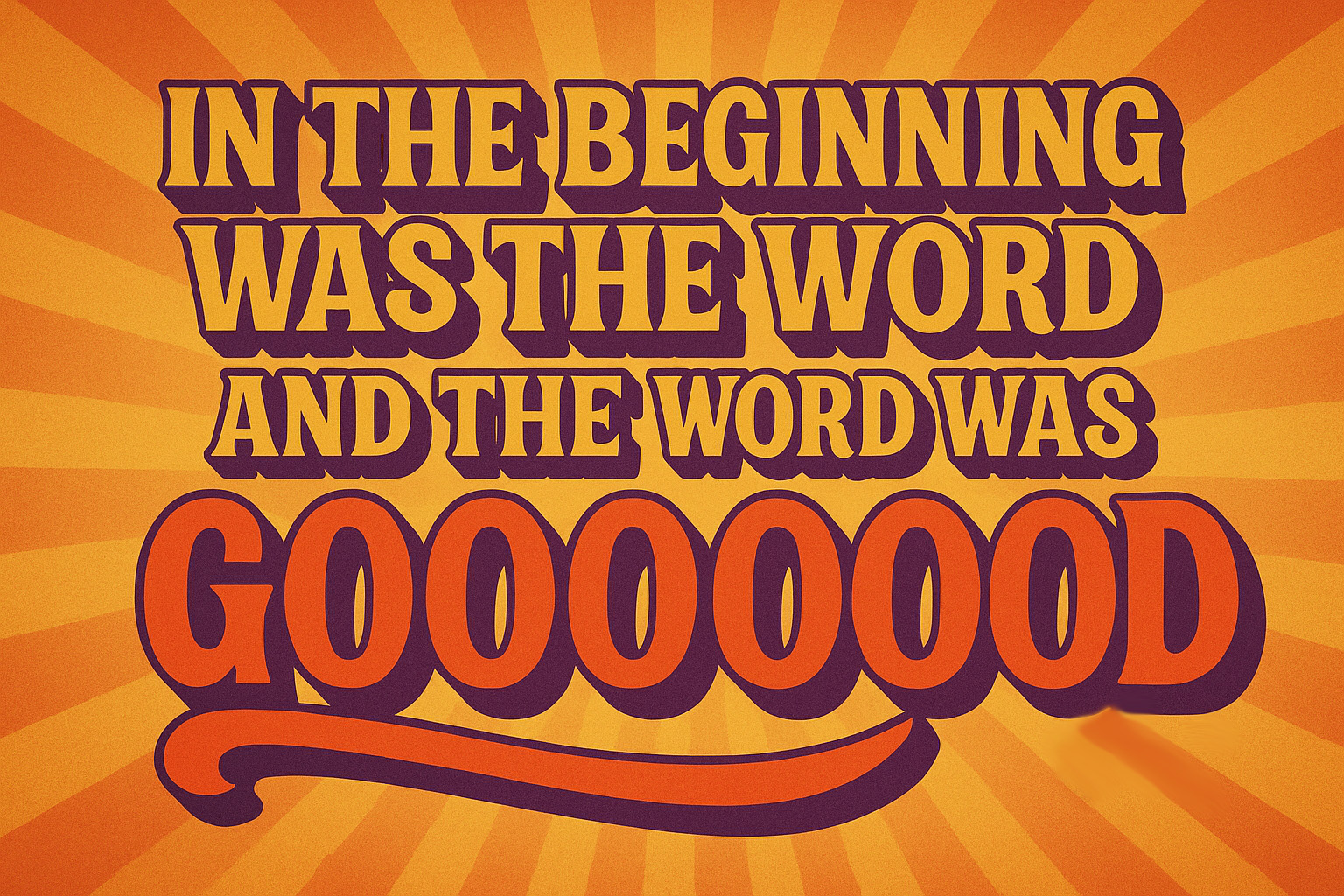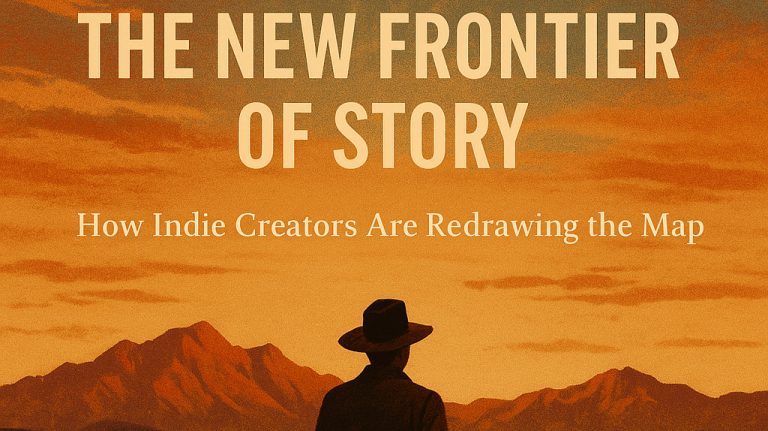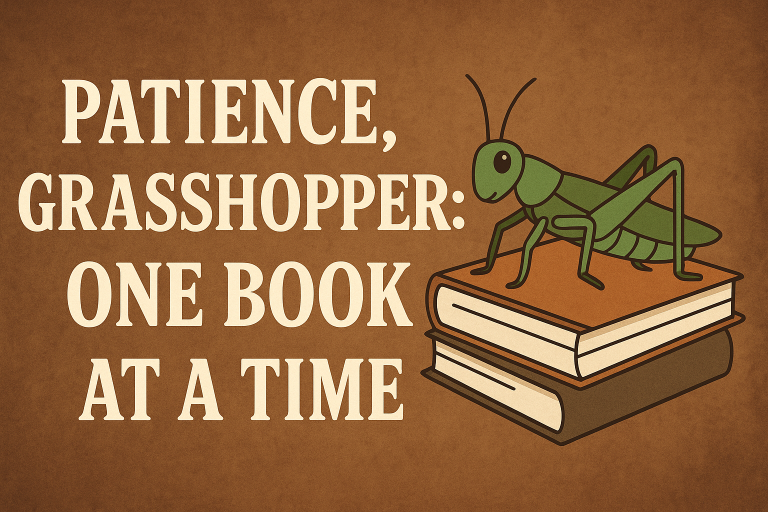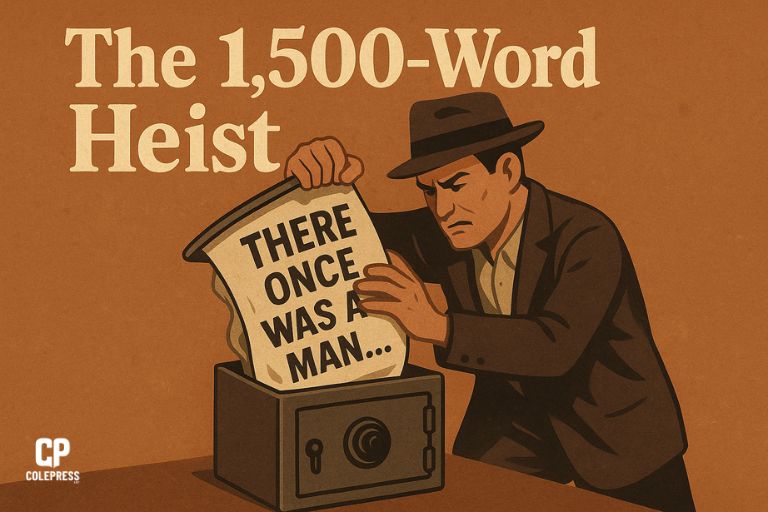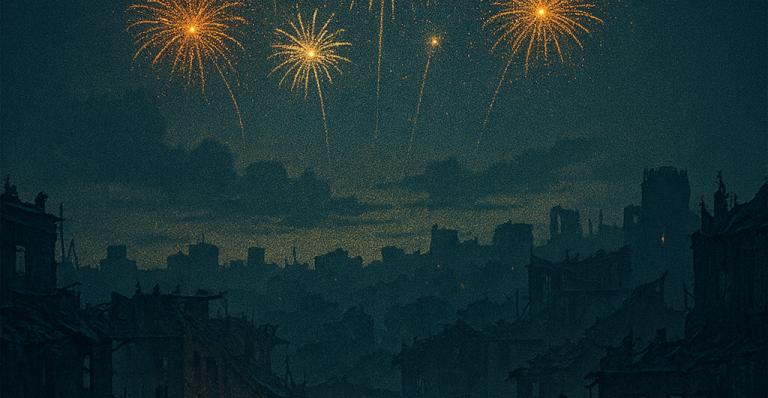My wife and I are binging “The Righteous Gemstones” right now, and let me tell you – we can hardly stop ourselves from saying, “just one more episode” until it’s way past bedtime. And that got me thinking: what is it about a show like this that makes it so addictive?
The easy answer is: great acting, slick production, binge-friendly platforms. But the real answer – the one writers should pay attention to – is this: it’s the writing.
Hooks, Not Just Plots
Great shows don’t just move from event to event. They leave hooks: questions dangling in your mind that you have to follow. Every episode of Gemstones dangles some unfinished thread: a secret not quite revealed, a family feud about to erupt, a betrayal brewing. It’s not about what happened; it’s about what might happen next.
As writers, that’s gold. A good hook isn’t a gimmick, it’s the promise of story still to come.
Characters Built for Compulsion
Nobody in Gemstones is “likable” in the traditional sense. They’re egotistical, petty, greedy, sometimes even vile. And yet…they’re irresistible. Why? Because the writing gives them contradictions. They’re not cartoons; they’re complex disasters.
Good writing makes us lean in because we’re not watching what happens: we’re watching who they are when it happens. That distinction is everything.
The Rhythm of Payoff
Addictive writing has rhythm. Episodes don’t just stop; they close with tension still humming. A line of dialogue unanswered. A look that says more than words. A cliffhanger that isn’t cheap, but inevitable. That’s what makes us say, “Well, we simply can’t stop there.”
Writers should remember: an ending isn’t just a period. It can be an ellipsis.
Dialogue That Builds Worlds
Part of what makes Gemstones so immersive is the way its characters talk. The dialogue is sharp, absurd, and oddly poetic. It builds a world as real as it is exaggerated. Good dialogue isn’t filler; it’s scaffolding for the entire story.
Writers who obsess over how their characters sound will build universes audiences actually want to live in: even the messed-up ones.
The Balance of Tone
Finally, addictive writing juggles tone. Gemstones can be laugh-out-loud funny one minute, menacing the next, and heartbreakingly human right after. That kind of tonal complexity only works when the writing respects its audience enough to carry all of it at once.
That’s not an accident – it’s craft.
The takeaway? Addictive television isn’t about production budgets or streaming algorithms. It’s about writing that knows how to hook, how to reveal, how to pace, and how to trust an audience.
If you’ve ever lost sleep for a story, you can thank the writers. They’re the ones who kept you hitting “next episode.”
My Top 10 Most Binge-Worthy TV Series Based on Outstanding Writing
10. Stranger Things – The writing balances nostalgic homage and fresh suspense, blending ‘80s pop culture with genuine emotional stakes. Characters grow organically over time, making their arcs feel earned and intimate. The dialogue walks a fine line between humor, heart, and horror, keeping the show both accessible and compelling.
9. Deadwood – David Milch’s writing turns profanity-laced frontier life into poetic, Shakespearean drama. Every conversation pulses with subtext, power dynamics, and philosophical weight. The layered storytelling builds a world where civilization and savagery are constantly colliding.
8. The Righteous Gemstones – Its writing gleefully skewers religious hypocrisy while treating its deeply flawed characters with surprising empathy. The show’s blend of absurdity and sincerity allows for sharp satire and heartfelt moments to coexist. Dialogue is often laugh-out-loud funny, but it’s also packed with insight into greed, faith, and family.
7. The Sopranos – Revolutionary in its moral complexity, the show’s writing gives mob violence the same weight as therapy sessions and suburban angst. Tony Soprano is one of the most richly written characters in TV history, layered with contradictions and humanity. Its refusal to spoon-feed meaning leaves space for interpretation, making each rewatch rewarding.
6. The West Wing – Aaron Sorkin’s dialogue is crisp, idealistic, and musical…often more about rhythm than realism, but deeply inspiring. The show crafts political drama that’s emotionally resonant without being cynical. It doesn’t just show how government works: it shows how it should work.
5. BoJack Horseman – Under its absurd premise lies some of the most emotionally honest writing on television. It fearlessly explores addiction, depression, fame, and identity with unflinching nuance. The sharp, self-aware humor cuts deep, and its willingness to play with format and tone elevates it to modern literary status.
4. The Wire – Structured like a novel, “The Wire” builds an intricate, unflinching portrait of institutional decay. Each season functions like a chapter, widening the scope while maintaining character depth and moral complexity. The dialogue is authentic, dense, and often devastating in its realism.
3. Better Call Saul – This prequel pulls off the rare feat of deepening its source material with slower, more meditative writing. Characters are drawn with exquisite patience, allowing subtle choices to carry massive emotional weight. The show’s legal and moral dilemmas are explored with intelligence, irony, and heartbreaking inevitability.
2. Succession – Snappy, brutal, and surgically precise, the dialogue slices through its characters like a scalpel. Behind every insult or jab is a mountain of psychological depth and generational trauma. The writing is simultaneously hilarious and tragic, with Shakespearean undertones hiding behind every boardroom brawl.
1. Breaking Bad – Meticulously plotted and morally intricate, the writing charts Walter White’s transformation with shocking believability. Each character choice is built on a rock-solid foundation of cause and effect, making the descent feel inevitable but still gut-wrenching. Its structure, foreshadowing, and symbolic weight make it the most tightly written drama of all time.

